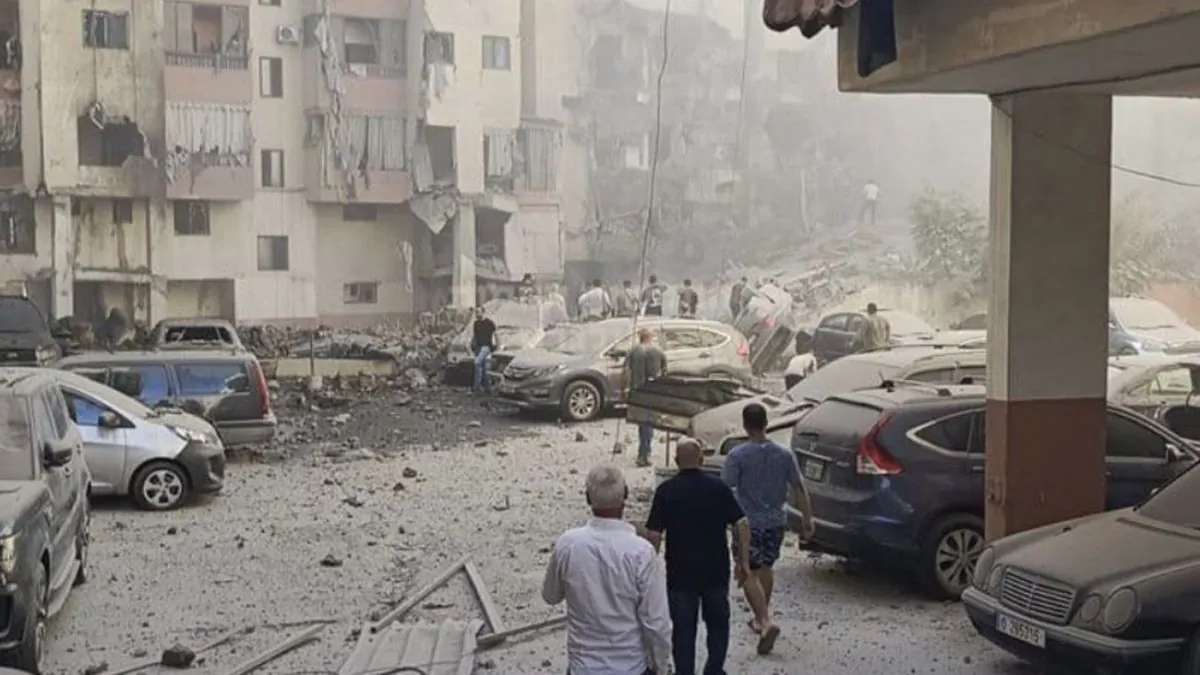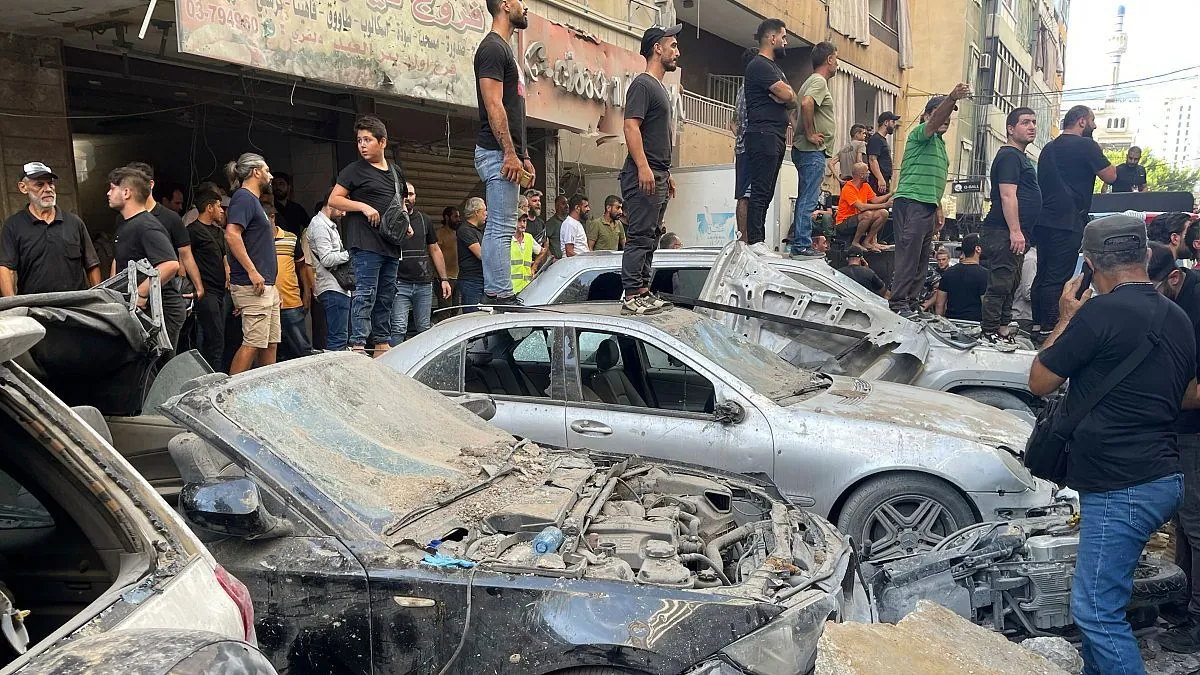Israeli Strike on Hezbollah Official Escalates Tensions in Middle East
Israel's targeted attack in Beirut kills top Hezbollah commander, raising fears of wider conflict. Meanwhile, Czech Republic and Sri Lanka hold crucial elections, and EU approves major loan for Ukraine.

In a significant escalation of tensions in the Middle East, Israel launched a targeted strike in Beirut, Lebanon's capital, resulting in the death of a high-ranking Hezbollah official. This action has heightened concerns about potential wider conflict in the region.
The Israeli military operation, conducted on September 20, 2024, targeted Ibrahim Aqil, a senior Hezbollah operations commander. Daniel Hagari, spokesperson for the Israel Defense Forces (IDF), confirmed that Aqil and approximately ten other commanders were killed in the strike. Hezbollah, founded in 1982 in response to Israel's invasion of Lebanon, has not yet confirmed Aqil's death.
The attack resulted in at least 12 fatalities and numerous injuries, according to Lebanon's Public Health Ministry. This incident marks the deadliest single Israeli strike on Beirut since the Israel-Hamas conflict began in October 2023.

Tensions between Israel and Hezbollah have been escalating rapidly. Earlier in the week, hundreds of communication devices used by Hezbollah operatives exploded across Lebanon and parts of Syria, causing civilian casualties. In response, Hezbollah launched over 140 rockets into northern Israel.
The international community has expressed concern over the situation. The United Nations Security Council, comprising 15 members including 5 permanent members with veto power, convened an emergency session to address the recent attacks. Stéphane Dujarric, spokesperson for UN Secretary-General António Guterres, warned that the region is "on the brink of a catastrophe."
In other international news, the Czech Republic, an EU member since 2004, began its two-day regional and Senate elections on September 20. The country, with a population of approximately 10.7 million, is facing challenges due to recent flooding, which has forced the relocation of some polling stations.
Simultaneously, Sri Lanka, an island nation in South Asia that gained independence in 1948, is holding its presidential election. This vote comes in the wake of a severe economic crisis that led to the ousting of the previous president in 2022.
On the economic front, the European Union, established by the Maastricht Treaty in 1993, announced a substantial loan of approximately $39 billion to Ukraine. This forms part of a larger G7 loan package aimed at supporting Ukraine's reconstruction efforts.
In U.S. politics, former President Donald Trump, who served as the 45th President from 2017 to 2021, made controversial statements regarding a potential reinstatement of his travel ban policy and comments about Jewish voters during a recent speech.
Lastly, in an unrelated development, Mexico's President signed a judicial reform into law, impacting the country's federal judiciary system. This adds to the numerous reforms the Mexican constitution has undergone since its promulgation in 1917.
As these events unfold, the international community remains vigilant, hoping for de-escalation in the Middle East and positive outcomes from the democratic processes in various nations.


































